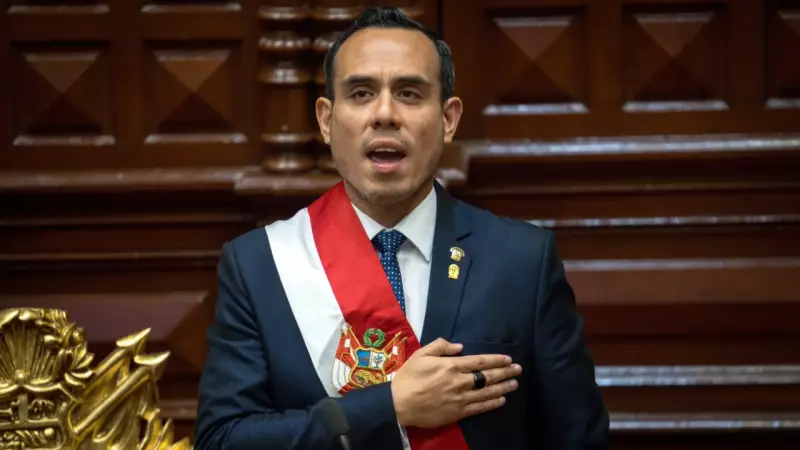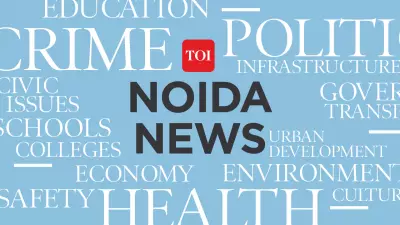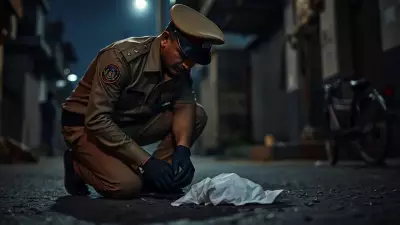
In a dramatic political upheaval that has shaken the nation, Peru's Congress has voted to remove President Dina Boluarte from office amid mounting pressure over her government's handling of a severe crime crisis.
The decisive impeachment vote marks a stunning fall for Boluarte, who had been grappling with escalating violence and organized crime that has plagued the South American nation in recent months. The political turmoil reached its climax as lawmakers debated her fate in a tense congressional session.
A New Interim Leader Takes Charge
Following Boluarte's ouster, José Jerónimo was swiftly sworn in as Peru's interim president, tasked with steering the country through this period of political instability. The transition of power occurred seamlessly, though under extraordinary circumstances that highlight the deep challenges facing Peruvian democracy.
The crime crisis that ultimately triggered Boluarte's downfall has been characterized by:
- Rising homicide rates across major cities
- Expansion of drug trafficking networks
- Increased gang violence and extortion schemes
- Growing public insecurity and protests
Regional Implications and International Watch
This political earthquake in Peru is being closely monitored across Latin America and by international observers. The region has witnessed similar political instability in recent years, making Peru's situation particularly significant for regional stability.
Political analysts suggest that Jerónimo's interim administration faces immediate challenges, including restoring public confidence in institutions, addressing the security crisis, and preparing for eventual new elections. The eyes of the international community remain fixed on how Peru navigates this critical transition period.
The speed of these political developments underscores the volatile nature of Peruvian politics and the urgent pressure on leaders to deliver security and stability to citizens demanding results.





